Nyaribo's impeachment brings number of Kenyan governors ousted by their own MCAs to 11
)
Nyamira Governor Amos Nyaribo has become the eleventh county boss to be impeached by Members of the County Assembly (MCAs) since the advent of devolution in 2013.
On Tuesday, November 25, 2025, 23 Nyamira MCAs voted to remove the governor from office, surpassing the required two-thirds threshold.
The motion, tabled by Bonyamatuta MCA Julius Matwere, cited gross violation of the Constitution, abuse of office, and gross misconduct.
Specifically, the assembly accused Nyaribo of illegal staff recruitment and irregularities in a Sh382 million tender for the construction of county offices.
This marked the third time the Nyamira assembly had attempted to oust him, following failed bids in October 2023 and September 2024.
Nyaribo now joins a list of 10 other governors who have faced the Senate after falling out with their county assemblies.
While the Senate or the courts saved the majority, others were permanently removed.
10. Kawira Mwangaza (Meru)
The most frequently impeached governor in Kenya’s history, Kawira Mwangaza faced three separate successful motions by the Meru County Assembly.
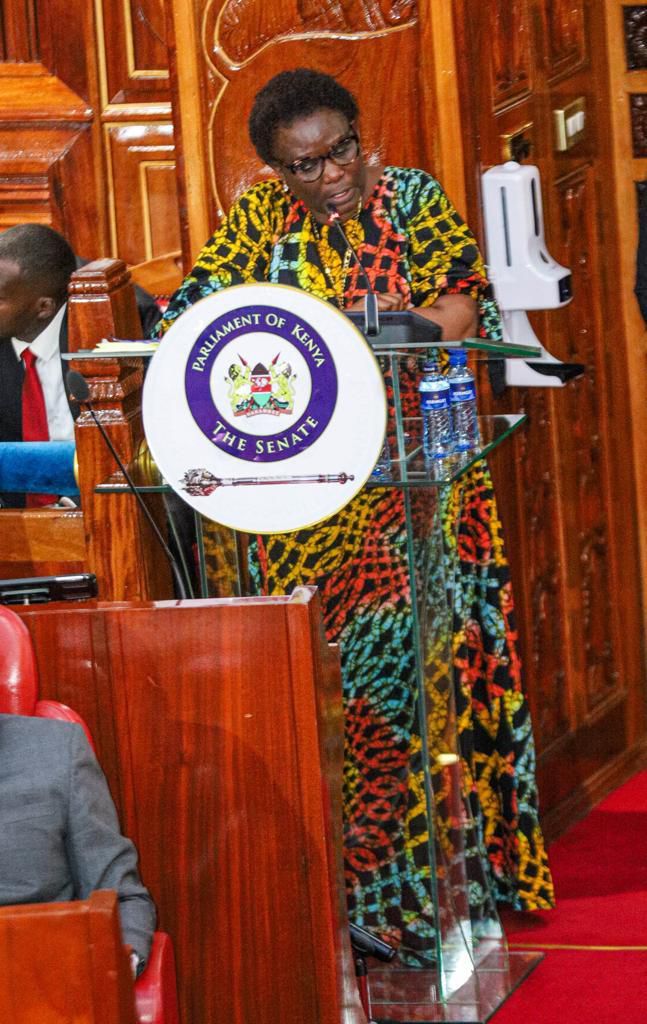
While the Senate saved her in December 2022 and October 2023, her third impeachment in August 2024 resulted in her removal.
The High Court upheld the Senate's decision in March 2025, dismissing her petition to be reinstated.
Her charges centred on gross violation of the Constitution, nepotism, and bullying of other leaders.
9. Mohamed Abdi Mahamud (Wajir)
In April 2021, Wajir MCAs impeached Governor Mohamed Abdi Mahamud over allegations of financial impropriety and allowing the county’s health sector to collapse.
)
The Senate upheld his removal in May 2021.
However, Mahamud successfully challenged the process in court and was reinstated to office in 2022 to complete his term.
8. Mike Sonko (Nairobi)
Nairobi MCAs voted to remove Mike Sonko in December 2020.
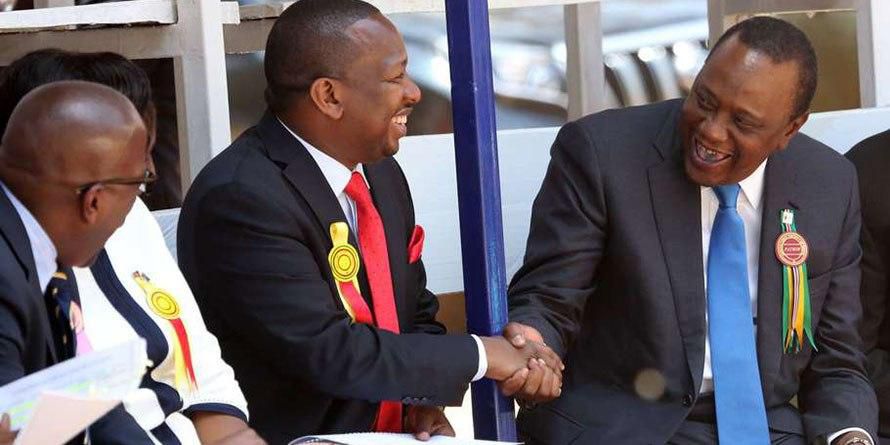
The assembly accused him of gross misconduct, abuse of office, and refusing to sign the county’s budget.
The Senate upheld the charges later that month, effectively ending his political career as governor.
7. Anne Waiguru (Kirinyaga)
Kirinyaga Governor Anne Waiguru was impeached by her assembly in June 2020.
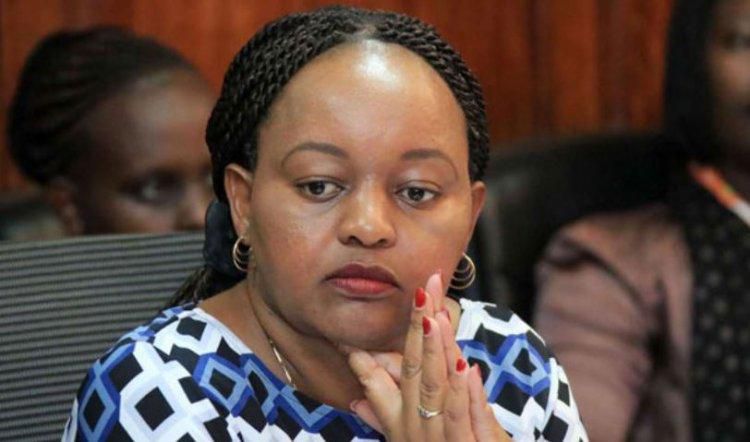
MCAs accused her of abuse of office and violation of procurement laws.
A Senate special committee cleared her of all charges, stating that the allegations were not substantiated.
6. Ferdinand Waititu (Kiambu)
Kiambu Governor Ferdinand Waititu was impeached in December 2019 following charges of corruption and abuse of office, particularly concerning irregular road tenders.
)
The Senate voted to remove him from office in January 2020, making him the first governor to lose his seat through the impeachment process.
5. Granton Samboja (Taita Taveta)
In October 2019, Taita Taveta MCAs impeached Governor Granton Samboja.
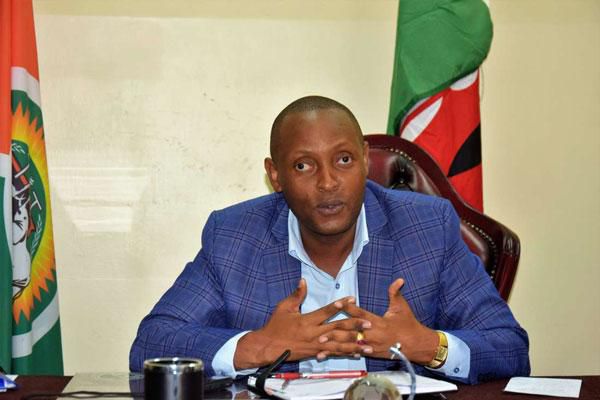
The conflict arose from his refusal to assent to the county’s budget allocations.
The Senate special committee found the charges unsubstantiated and he remained in office.
4. Nderitu Gachagua (Nyeri)
The late Nyeri Governor Nderitu Gachagua was impeached in September 2016.
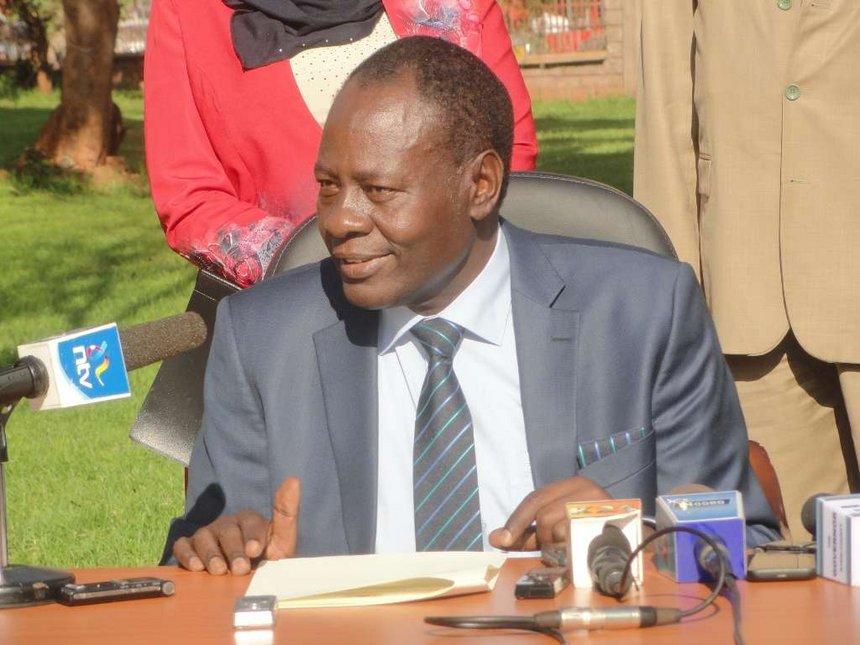
MCAs accused him of financial impropriety and failure to adhere to procurement laws.
The Senate rejected the charges, allowing him to continue serving until his death in February 2017.
3. Mwangi wa Iria (Murang’a)
Murang’a Governor Mwangi wa Iria faced impeachment in October 2015.
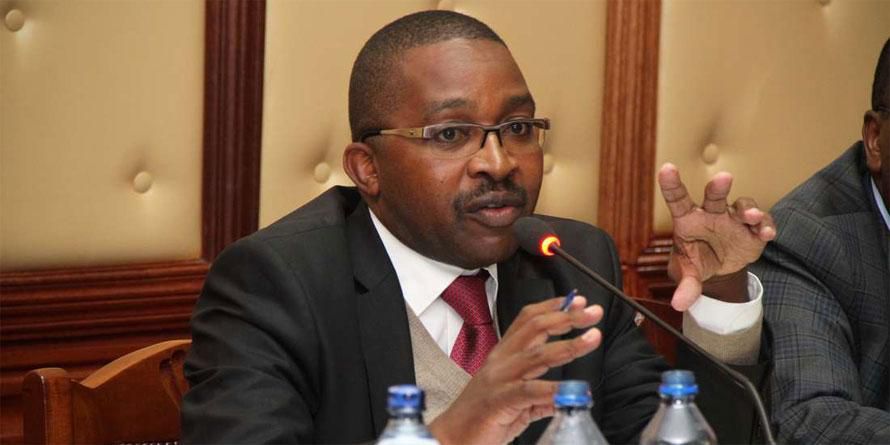
The assembly accused him of lack of accountability and misappropriation of funds.
The Senate overturned the impeachment, citing a lack of clear evidence linking him to the alleged offences.
2. Paul Chepkwony (Kericho)
In May 2014, Kericho Governor Paul Chepkwony was impeached for alleged abuse of office and unlawful procurement.
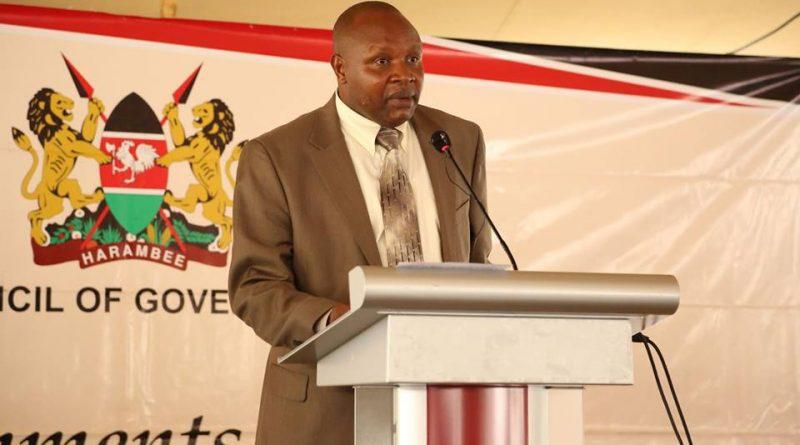
He survived the process after the Senate concluded that while he had violated the law, the infractions did not meet the threshold for removal.
1. Martin Wambora (Embu)
Martin Wambora was the first governor to be impeached, facing the process twice in 2014.
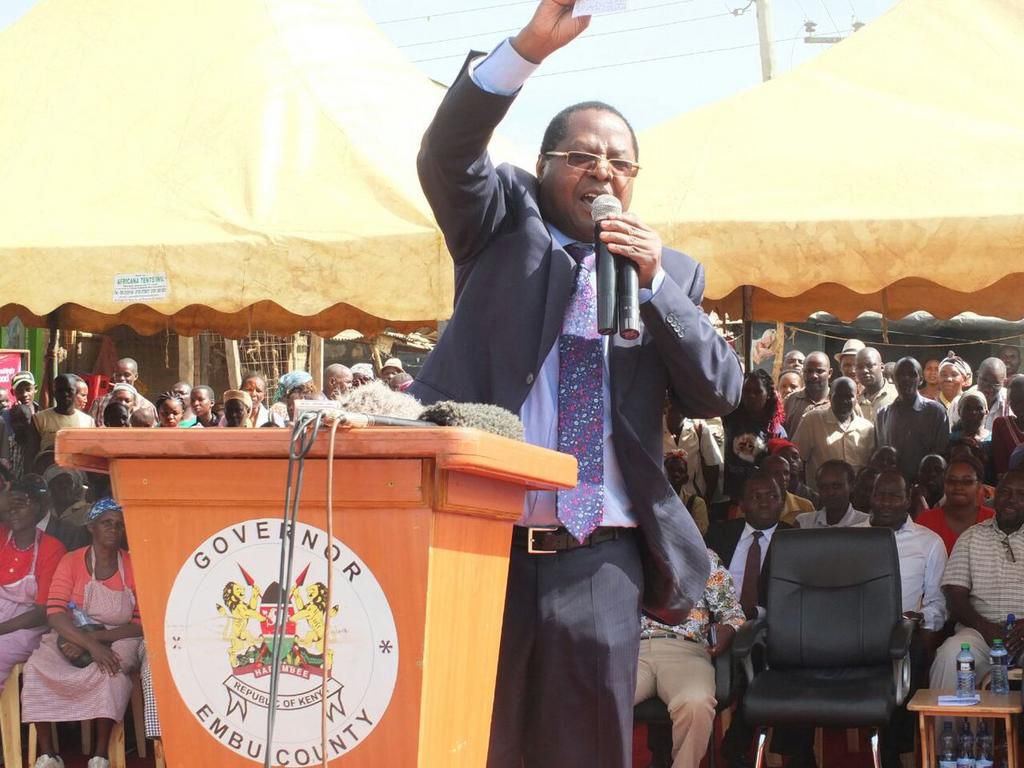
The Embu County Assembly voted to remove him in February and again in April 2014 over procurement irregularities regarding maize seeds and stadium renovations.
Although the Senate upheld the impeachment, Wambora obtained court orders that allowed him to remain in office for the remainder of his two terms.
)
)
)
)
)
)
)
)
)
)
)
![Mutahi Ngunyi reveals conspiracy to finish DP Ruto, throwing Uhuru, Raila into the mix [Video]](https://cdn.pulse.co.ke/b1af89f0-69b1-424a-b22e-7784232e0fc1/theme/pmke/assets/image-placeholder-C2jn1AUK.svg)
)
)
)
)
)
)
)